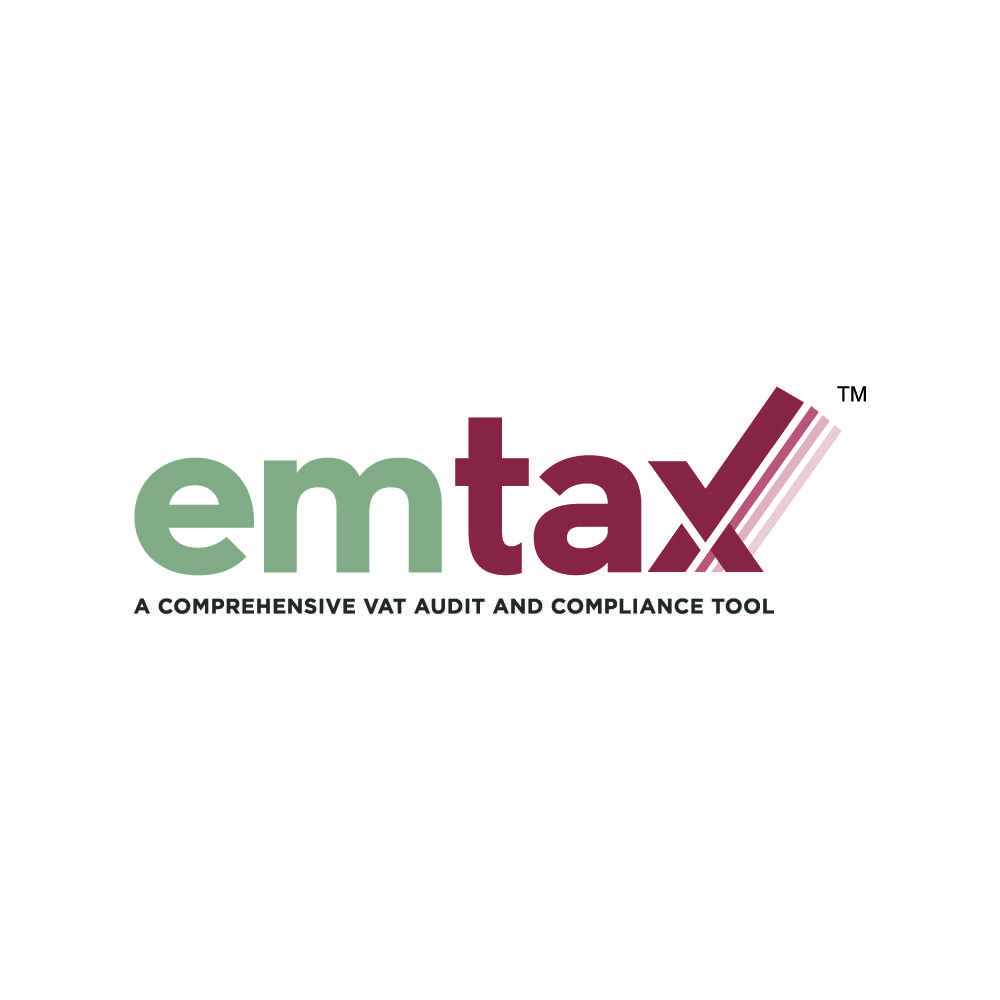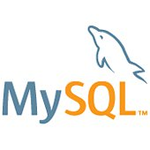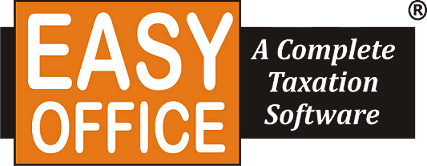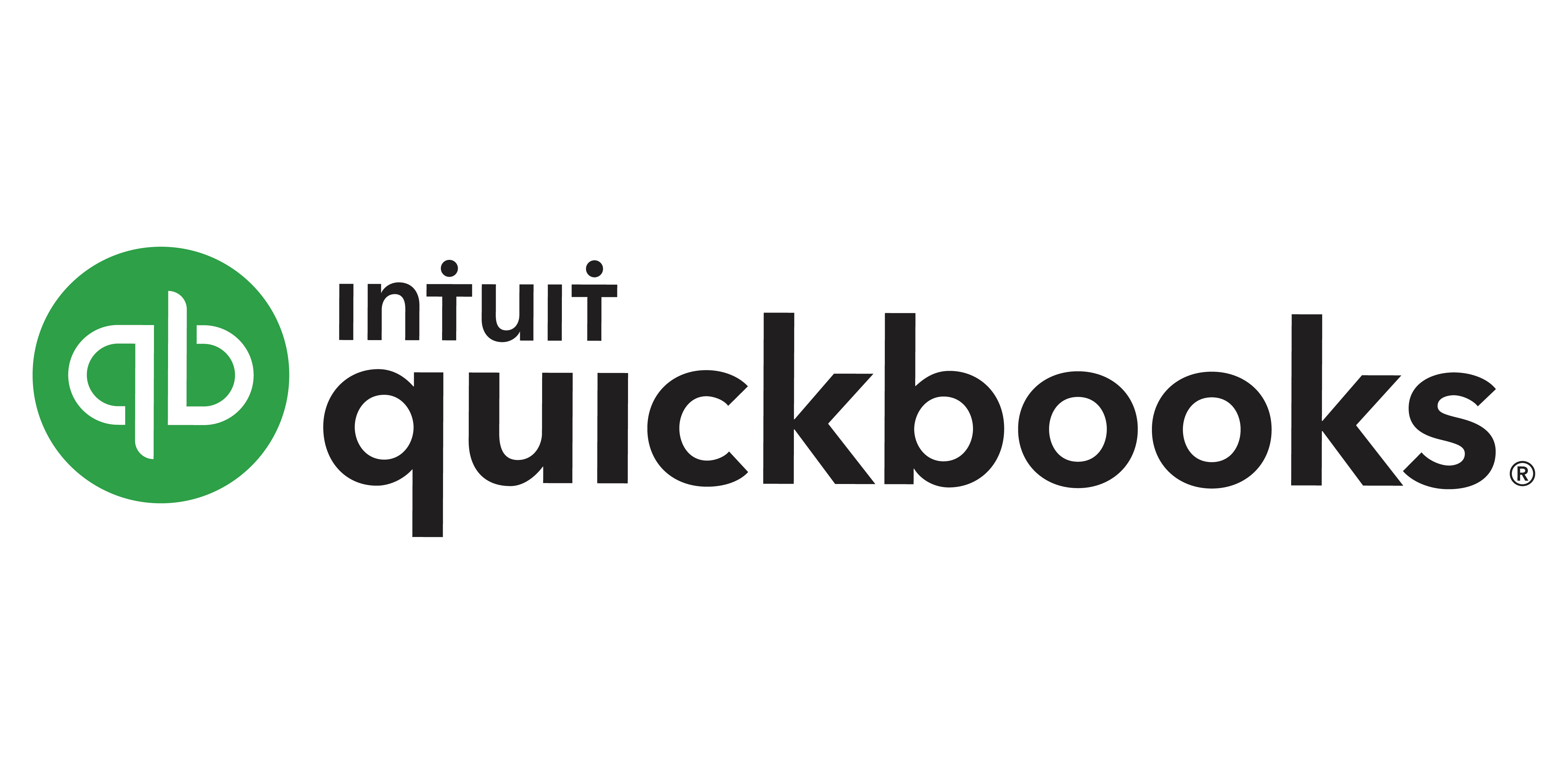Most audit management software may be accessed from numerous devices and platforms. This means you may use it on your desktop, laptop, tablet, or smartphone. It is also compatible with a variety of operating systems, including Windows, Mac, iOS, and Android. This feature allows customers to use their audit management software at any time and from any location, which increases efficiency and productivity.
List of 20 Best Audit Management Software
accessiBe is web accessibility solution that ensures ADA and WCAG compliance for businesses of every size. With cutting-edge AI technology, our platform offers a variety of tools to identify and resolve accessibility issues. It also allows for custom...Read More accessiBe
SE Audit is a software that simplifies the quality audit process. It includes planning, preparation, execution, and monitoring functions, providing a structured approach for conducting successful audits. With its advanced features, SE Audit empowers...Read More SE Audit
CoAuditor solution for managing and monitoring all your compliance requirements and processes. With its user-friendly interface, CoAuditor simplifies and streamlines your management process, ensuring efficient completion of tasks. From creating to or...Read More CoAuditor
ShieldRisk is the ideal choice for your business when it comes to Vendor Risk Management and Due Diligence. Our advanced platform leverages artificial intelligence to streamline the evaluation of current and potential third-party vendors. With a simp...Read More ShieldRisk
CocoScan is a SEO tool that helps you detect and fix any indexing and crawling problems on your website in real-time. Scan unlimited pages and instantly view the results as they are generated, allowing you to stay on top of your websites indexation...Read More CocoScan
Emtax is an expertly crafted Tax localization solution, tailored for businesses operating within the GCC region. It seamlessly integrates with your current ERP or accounting software, guaranteeing a high return on investment. This robust VAT software...Read More Emtax
Predict360 is a Risk and Compliance Management software for financial institutions, endorsed by the ABA. Our state-of-the-art platform utilizes cutting-edge A.I. technology and is offered as a cloud-based SaaS solution. With over 800 risks included i...Read More Predict360
AdaptiveGRC - a highly versatile and adaptable software solution designed to streamline and enhance governance, risk, and compliance procedures. Our customizable modules, timely alerts, and user-friendly interface make it an essential tool for boosti...Read More AdaptiveGRC
MySQL is a trusted and efficient database management system designed to simplify data handling for businesses and developers. With its exceptional performance, scalability, and reliability, MySQL boosts productivity by streamlining operations and acc...Read More MySQL
Experience the ultimate tax solution with EASYOFFICE - the highly recommended software for tax filing, TDS returns, and Audit Reports efiling in India. From Chartered Accountants and Tax Professionals to Corporations, our user-friendly software simpl...Read More EASYOFFICE - A Complete Taxation Software
iAudited is a Layered Process Audit (LPA) software that guarantees a reduction in quality costs and defects. With full compliance to CQI-8 standards, our software delivers measurable results. Experience the benefits for yourself with our free trial...Read More iAudited
QuickBooks Online, the premier accounting software for entrepreneurs and business owners. Streamline your financial management with its intuitive interface, top-notch security measures, and cutting-edge features such as Online bank connectivity and W...Read More QuickBooks Online
Ledgible is a accounting and auditing platform designed specifically for blockchain assets. Our solution acts as a conduit between traditional financial structures and emerging digital assets by offering a unified perspective to financial institution...Read More Ledgible
Bigdbiz Halal Certification is a tool for managing and automating all aspects of Halal certification. This comprehensive software allows you to effortlessly generate leads, track customer behavior, and stay updated on license renewals. With Bigdbiz,...Read More Bigdbiz Halal Certification
Qualio is a quality management platform designed for life science organizations. Seamlessly integrated with essential business tools, Qualio offers scalable features for simplified compliance and improved efficiency. Ideal for startups and growing co...Read More Qualio
MeazureUp – the comprehensive solution for managing field audits and inspections. Our user-friendly app ensures consistency and compliance across all locations, while simplified reporting and performance tracking empowers data-driven decision...Read More MeazureUp
ECAT is a Electronic Compliance Audit Tool. This innovative solution is specifically designed to support businesses in their continuous monitoring, reviewing, and improving of vital processes. With a focus on organizations with complex auditing needs...Read More ECAT - Electronic Compliance Audit Tool
Aufait eProcurement solution for enterprises to enhance their collaborations with crucial suppliers. Our top-notch software simplifies cost categorization and management, while also empowering proactive performance monitoring. Say farewell to tedious...Read More Aufait eProcurement
RSA Archer is a governance, risk, and compliance software designed for businesses and industries of all sizes. It offers a wide range of features, including third-party governance, regulatory compliance, IT and security risk management, business resi...Read More RSA Archer
HSEQ Innovate is a EHS software that seamlessly integrates with Microsoft SharePoint and Office 365. With advanced customization options, it offers powerful Business Intelligence dashboards and tailor-made reports to track and analyze your EHS data...Read More HSEQ Innovate
Learn More About Audit Management Software
- What Is Audit Management Software?
- What Are The Recent Trends In Audit Management Software?
- Benefits Of Using Audit Management Software
- Important Factors To Consider While Purchasing Audit Management Software?
- What Are The Key Features To Look For In Audit Management Software?
- Why Do Businesses Need Audit Management Software?
- How Much Time Is Required To Implement Audit Management Software?
- What Is The Level of Customization Available in Audit Management Software?
- Which Industries Can Benefit the Most from Audit Management Software?
- Conclusion
What Is Audit Management Software?
Audit management software is a strong tool that streamlines and automates the audit process for firms of all sizes. It provides a consolidated platform for audit management and tracking, assisting firms in maintaining compliance, identifying risks, and ensuring overall operational integrity. This software has a number of tools that help auditors and compliance teams plan, schedule, and conduct audits efficiently.
It provides customized templates for creating audit plans and checklists, assigning tasks to team members, and tracking their progress in real time. One of the primary advantages of audit management software is its capacity to store and organize audit-related data in a secure and easily accessible format. This reduces the need for human documentation while reducing the risk of errors and data loss.
This program provides auditors with comprehensive tools for data analysis, dashboards, and reporting, allowing them to get useful insights and make informed judgments. Furthermore, audit management software promotes collaboration among audit teams and stakeholders, enabling effective communication and information sharing. It also creates a clear audit trail, documenting each stage of the process for future reference and transparency.
When selecting audit management software, important considerations to consider are compatibility with existing systems, security measures, convenience of use, and customer support. Some important characteristics to look for are mobile accessibility, configurable workflows, and automated notifications.
What Are The Recent Trends In Audit Management Software?
In recent years, many firms have relied on audit management software to expedite and improve their audit operations. This has resulted in substantial breakthroughs and new trends in audit management software that meet the ever-changing needs of enterprises.
In this buyer's guide, we'll go over the latest trends in audit management software that purchasers should be aware of so they can make an informed decision for their firm.
1. Cloud-based Solutions: One of the most significant trends in the audit management software market is the transition to cloud-based solutions. This enables enterprises to access software from anywhere, minimizing the requirement for on-premise servers and IT support. Cloud-based solutions also provide increased security, automatic upgrades, and scalability, making them a popular choice among purchasers.
2. Mobile Accessibility: As mobile device penetration grows, audit management software suppliers have begun to offer mobile accessibility. This means auditors may now perform audits on the road, record findings, and generate reports using their mobile devices. This has increased the efficiency and speed of audits, making the process more convenient for users.
3. Artificial Intelligence And Automation: The usage of artificial intelligence (AI) and automation has increased in audit management software. AI-powered technologies can analyze massive amounts of data, discover patterns, and provide data-driven suggestions. Automation, on the other hand, can streamline and speed regular tasks, saving time and effort during audits.
4. Integration With Other Systems: Audit management software is also becoming more integrated with other systems, such as enterprise resource planning (ERP) and customer relationship management (CRM). This enables seamless data flow and gives auditors a comprehensive perspective of the organization's activities, allowing them to make more informed judgments.
5. Emphasis on Data protection: With the growing threat of cyber-attacks and data breaches, audit management software companies are putting data protection first. This includes features like encryption, regular data backups, and multi-factor authentication, which ensure the security of sensitive audit-related data.
6. Customization And Personalization: Organizations' audit needs and requirements vary, and software suppliers address this by providing configurable and personalized solutions. Buyers can now select the features and functionality that they require, making the software more suited to their individual needs.
Benefits Of Using Audit Management Software
Audit management software is a critical tool for firms that want to optimize their auditing procedures and maintain compliance with industry laws. It provides a number of advantages that might significantly increase the efficiency and efficacy of your auditing activities.
we will go over the main advantages of adopting audit management software, allowing you to make an informed decision when choosing the best software for your firm.
1. Greater Efficiency And Time Savings: One of the primary advantages of employing audit management software is the greater efficiency it provides. With features such as automated workflows, real-time data collecting, and centralized reporting, the program removes the need for human operations and shortens audit time and effort. This not only saves time for your team, but also enables a more complete and accurate auditing procedure.
2. Improved Data Accuracy: Manual data entry and gathering can sometimes result in errors and discrepancies. Audit management software allows you to record and preserve data in a systematic and organized manner, reducing the possibility of errors. This ensures that your audit data is accurate and dependable, allowing you to make informed decisions.
3. Real-time: visibility is essential for successful audit management. Auditors can use software to gain fast access to audit data, allowing them to identify and address potential concerns quickly. This also provides management with a real-time picture of the audit process, allowing for quicker and more informed decision-making.
4. Automated Compliance: Organizations prioritize compliance with industry regulations. Audit management software allows you to modify audit templates and workflows based on your compliance requirements. This ensures that your audits are in line with the applicable standards and laws, saving time and effort in manual compliance checks.
5. Improved Collaboration: Collaboration among team members is critical for a successful audit. Audit management software enables the easy sharing of information and documents among team members, including those in various locations. This encourages improved communication, streamlines the review process, and allows for speedier issue resolution.
6. Centralized Reporting: Creating an audit report no longer requires sifting through mounds of paper or multiple spreadsheets. With audit management software, all of your audit data is maintained in a single area, making report preparation quick and simple. This not only saves time, but also assures that reports are consistent and accurate.
7. Cost-saving: While audit management software may appear to be an additional investment, it can result in significant long-term cost savings. The program can assist save time, effort, and resources by enhancing efficiency, decreasing errors, and lowering the risks of noncompliance, resulting in cost savings for your firm.
Important Factors To Consider While Purchasing Audit Management Software?
When it comes to choosing audit management software, there are numerous crucial elements to consider to guarantee that you get a system that matches your specific requirements and efficiently streamlines your auditing procedures. Here are some crucial considerations to consider while assessing various audit management software options:
1. Compliance with rules and standards: The software you choose should be able to comply with your industry's relevant legislation and standards, such as ISO 27001 or PCI DSS. This ensures that your audits are conducted in a compliant way, lowering the risk of noncompliance penalties.
2. Customization And flexibility: Each organization has its own distinct audit processes and requirements. Look for software that may be quickly adapted to meet your individual requirements and workflow. It should also be able to react to changes in rules, standards, and internal business procedures.
3. Integration Capabilities: The software should work easily with your existing systems, including document management, risk management, and compliance tools. This will eliminate the need for manual data entry, resulting in a more efficient audit process.
4. User-Friendliness: Complex and difficult-to-use software might frustrate your team and cause blunders. Choose a user-friendly interface with easy navigation and easily accessible functionality.
5. Reporting And Analytics: An effective audit management software should provide comprehensive reporting and analytics features. This will allow you to track audit progress, identify areas for improvement, and draw useful conclusions from audit data.
6. Security Features: Because audits handle sensitive data and proprietary information, security should be a primary focus. To secure your data's safety, look for software that includes strong security features like data encryption and access limits.
7. Provider Support And Training: Before making a decision, confirm that the software provider provides enough support and training for their product. This will allow you to onboard your crew smoothly and troubleshoot any issues that may emerge.
8. Scalability: As your organization grows, your auditing requirements may shift. Choose software that can scale as your company grows, rather than needing to convert to a different solution in the future. Consider these critical aspects when selecting audit management software to help keep your firm compliant, efficient, and productive.
What Are The Key Features To Look For In Audit Management Software?
When choosing the best audit management software, it's critical to evaluate the essential features that will not only suit your current requirements, but also allow for future growth and efficiency.
The following are the main features to look for in audit management software.
1. configurable Templates: Look for software that provides configurable templates for a variety of audit types, including financial, internal, and compliance audits. This saves time and ensures uniformity throughout all audits.2. Automated Workflows: With automated workflows, the software assigns tasks, tracks progress, and sends reminders to team members, speeding the audit process and lowering the possibility of human error.
3. Collaboration and Communication: Effective communication and collaboration among the audit team members are critical for a successful audit. Look for software that supports real-time collaboration, review and approval processes, and communication via comments and annotations.
4. Risk Assessment and Control: The software should include robust risk assessment and control capabilities such as risk identification and prioritization, risk ownership assignment, risk mitigation action recording, and risk monitoring reports and dashboards.
5. Document Management: Effective audit management software should include a central repository for all audit documents, including as policies, procedures, and audit reports. Consider features like version control, document linking, and access control to maintain data integrity and security.
6. Mobile Accessibility: In today's remote work environment, software must be accessible from anywhere and at any time. Look for mobile accessibility capabilities that enable on-the-go access and collaboration.
7. Integration with Other Systems: For a consistent experience, select software that can be integrated with other systems, such as accounting or project management software. This eliminates duplicate data entry and facilitates data sharing between platforms.
8. Audit Trails and Reporting: Detailed audit trails are required to ensure a transparent and traceable audit process. Look for software that provides detailed audit trails and configurable reports to fit your specific requirements.
9. Data Security: Data security is extremely important, especially when working with sensitive audit information. To secure your data from cyber attacks, look for software that includes encryption, access control, and scheduled backups.
10. Scalability: As your organization expands, so will your audit requirements. Choose software that is scalable and capable of accommodating future growth to avoid having to go through the process of selecting and implementing new software later on. Overall, the most important characteristics to look for in audit management software are customizable templates, automation, collaboration and communication, risk assessment and control, document management, mobile accessibility, integration, audit trails and reporting, data protection, and scalability. By taking these qualities into account, you can choose software that will suit your present and future audit requirements while also increasing the overall efficiency and effectiveness of your audit process.
Why Do Businesses Need Audit Management Software?
Audit management software is a valuable resource for firms of all sizes and sectors. It enables firms to streamline their auditing procedures, increase efficiency, and comply with legislation and industry standards. Businesses that use audit management software may efficiently manage their audit activities, from planning to execution and reporting. One of the primary reasons firms use audit management software is to ensure that their audits are accurate and consistent.
Manual auditing is time-consuming and susceptible to human mistake, resulting in erroneous results. Audit management software automates the auditing process, lowering the risk of errors and assuring trustworthy and consistent data. This enables firms to make data-driven decisions and discover areas for improvement with precision. Furthermore, audit management software provides a single repository for all audit-related data, making it conveniently available to authorized people.
This reduces the need for paper-based documentation and spreadsheets, which can be difficult to manage, update, and monitor. Businesses can conveniently manage the progress of audits and get a real-time picture of their compliance status because all information is maintained in one place. In today's fast-paced corporate world, adherence to regulations and industry standards is critical.
Noncompliance can lead to significant penalties, reputational damage, and even legal implications. Audit management software helps firms stay compliant by offering a framework for assessing and managing risks, assigning remedial actions, and tracking progress. This not only ensures regulatory compliance, but it also reduces possible risks and increases the overall performance of the organization.
Furthermore, in a highly competitive industry, organizations must constantly enhance their procedures to stay ahead. Businesses can find areas for improvement with audit management software's full reporting and analytics capabilities. Businesses can use configurable dashboards and reports to analyze key performance indicators, detect trends, and make data-driven decisions to improve their operations.
How Much Time Is Required To Implement Audit Management Software?
The time required to implement audit management software varies based on a number of factors, including your organization's complexity, the software's capabilities and customization possibilities, and the availability of implementation resources. However, on average, the implementation procedure takes three to six months.
The first step in installing audit management software is to thoroughly evaluate your present audit processes and identify opportunities for improvement.This procedure can take several weeks to a month, depending on the size and scope of your firm. Once the assessment is completed, the following step is to choose the program that best suits your individual goals and specifications.
This procedure may take several weeks while you investigate and compare different software options. Following the selection of software, the implementation process begins, which includes customizing the program, connecting it with your current systems, and teaching your team on how to use it efficiently. This can take anywhere between 4 and 12 weeks, depending on the complexity of your company and the extent of customization necessary.
It is also critical to set aside time for testing and troubleshooting to ensure that the program works properly and meets your requirements before fully deploying it. Overall, the implementation period for audit management software might range from 3 to 6 months, however this can vary based on your individual needs. To achieve a seamless and effective transfer to the new software, you must first understand your organization's goals and develop a well-planned implementation strategy.
What Is The Level of Customization Available in Audit Management Software?
Audit management software provides a wide range of customisable capabilities to satisfy the unique demands and objectives of companies. The extent of customization possible in audit management software varies based on the software vendor, however there are some standard functions that are frequently included. One of the primary areas of customization in audit management software is the ability to adjust workflows and processes to a company's specific auditing requirements.
This can include modifying audit steps, assignments, and approvals, as well as defining roles and duties for audit team members. Furthermore, many audit management software solutions enable the creation of custom checklists and templates to assist auditors in carrying out their examinations.
These checklists and templates can be customized to cover specific areas or themes pertinent to the organization's industry or compliance criteria. Another essential feature of audit management software is the ability to create bespoke reports and dashboards. This enables firms to collect and analyze data in a way that is relevant to their business goals and objectives.
Customizable reports also allow firms to analyze and monitor specific trends or issues relevant to their auditing processes. Some audit management software also allows firms to create multiple user rights and access levels, giving them control over who has access to specific information within the platform. This is especially effective for larger firms where the audit process involves numerous teams or departments.
When deciding on the level of customization provided by various audit management software packages, firms must carefully analyze their individual goals and expectations. This will ensure that the software they select can effectively support their audit procedures and help them meet their compliance and risk management objectives.
Which Industries Can Benefit the Most from Audit Management Software?
Implementing good audit management software can assist all industries. However, certain industries can benefit the most from using such a system. The following sectors can considerably benefit from audit management software:
1. Finance and Accounting: The financial sector is highly regulated, with stringent compliance and reporting standards. Audit management software helps automate and streamline financial audits, offering real-time visibility into financial data and guaranteeing regulatory compliance.
2. Healthcare: In the healthcare industry, adherence to government laws and norms is critical. Audit management software can help healthcare organizations stay compliant, assess the quality of patient care, and identify areas for improvement.
3. Manufacturing: Manufacturers frequently work with complex supplier chains, various compliance standards, and stringent quality control systems. Manufacturers can use audit management software to track and manage quality, safety, and environmental audits, ensuring that customers receive high-quality products.
4. Retail and Consumer Goods: Retailers and consumer goods companies must adhere to stringent laws, particularly those governing product safety and labeling. Audit management software can assist in identifying and correcting any non-compliance concerns, ensuring that products are safe for consumers and satisfy all relevant standards.
5. Information Technology: In the digital age, data security is critical, and the IT business is no exception. Audit management software can help IT workers monitor and regulate access to sensitive data, ensure data security, and comply with data privacy standards.
6. Government and Public Sector: Government agencies and public sector businesses must follow several regulations and directives. Audit management software can help streamline audits in finance, procurement, and operations, allowing these organizations to improve efficiency and reduce the risk of noncompliance.
Conclusion
Finally, selecting the appropriate audit management software is critical for any firm looking to expedite its audit operations and maintain compliance. Buyers may make an informed selection and choose the finest software for their specific needs by considering key elements such as scalability, integration, features, usability, and budget.
We hope that this buyer's guide has provided you with vital information and prepared you to make an informed selection. Remember to carefully consider your alternatives and select software that not only satisfies your current needs but also has the capacity to adapt and develop with your firm in the future. By investing in dependable and effective audit management software, you may dramatically improve your audit procedures and meet your organisation's objectives.
Audit Management Software FAQ's
Can Audit Management Software Be Accessed Across Multiple Devices And Platforms?
Is Audit Management Software Future-Proof and Adaptable to Emerging Technologies Like Ai, Blockchain or Iot?
Yes, most modern audit management software is meant to be future-proof and adaptable to upcoming technologies such as artificial intelligence, blockchain, and the Internet of Things. They are frequently updated with the most recent developments to ensure smooth integration and improve automation, efficiency, and data analysis. This offers for increased flexibility and scalability, enabling them to meet the ever-changing demands of the corporate sector.
Is There a Free Trial Offered to Assess Audit Management Software Before Committing?
Yes, most audit management software vendors provide a free trial period in which users can examine the product and its capabilities before making a commitment. This enables customers to thoroughly explore the software's features and assess whether it fulfills their specific requirements. It also allows them to familiarize themselves with the UI and rate its usability. Take advantage of these free trial offers to make an informed decision before purchasing audit management software.
Does Audit Management Software Offer Data Security Features And Meet Regulatory Compliance Standards?
Yes, audit management software uses strong data security mechanisms to protect sensitive information and maintain regulatory compliance. This incorporates encryption, access controls, and scheduled backups. The program also keeps audit trail records and logs any data changes to ensure openness and accountability. With built-in compliance checks, it guarantees that regulatory criteria are met, lowering the risk of noncompliance penalties and protecting sensitive data from breaches.
Can Audit Management Software Integrate Seamlessly with Existing Tools and Platforms?
Yes, most audit management software is designed to work easily with existing tools and platforms. This simplifies and streamlines the audit process by eliminating the need to transfer between several platforms. Audit management software can be integrated with accounting systems, document management platforms, and other essential technologies to guarantee that all data is in sync and easily accessible to auditors. This integration also helps to reduce the number of errors and inconsistencies in audit data.






















